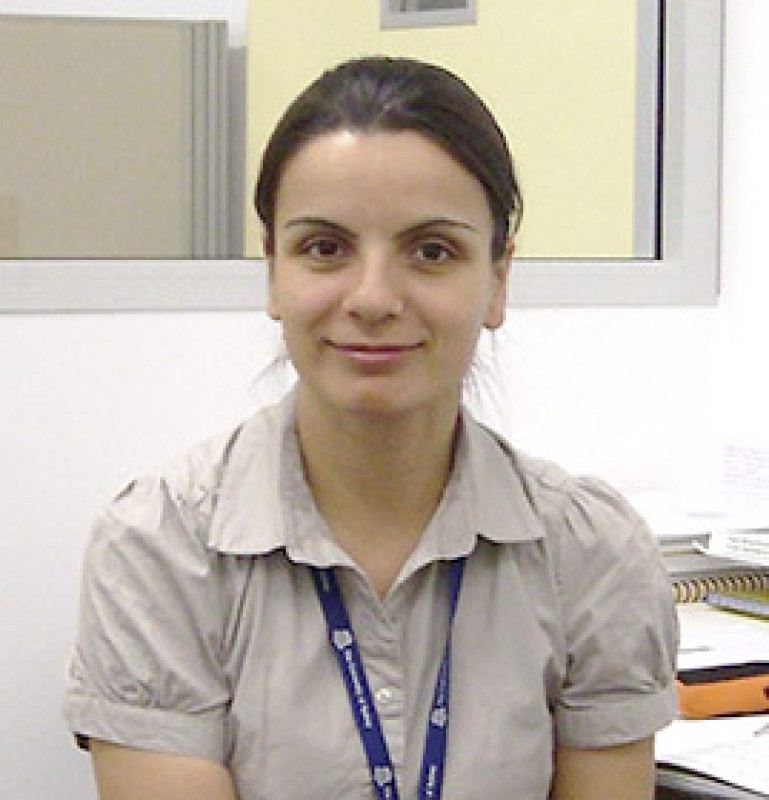KLI Colloquia are invited research talks of about an hour followed by 30 min discussion. The talks are held in English, open to the public, and offered in hybrid format.
Join via Zoom:
https://us02web.zoom.us/j/5881861923?omn=85945744831
Meeting ID: 588 186 1923
Spring-Summer 2026 KLI Colloquium Series
12 March 2026 (Thurs) 3-4:30 PM CET
What Is Biological Modality, and What Has It Got to Do With Psychology?
Carrie Figdor (University of Iowa)
26 March 2026 (Thurs) 3-4:30 PM CET
The Science of an Evolutionary Transition in Humans
Tim Waring (University of Maine)
9 April 2026 (Thurs) 3-4:30 PM CET
Hierarchies and Power in Primatology and Their Populist Appropriation
Rebekka Hufendiek (Ulm University)
16 April 2026 (Thurs) 3-4:30 PM CET
A Metaphysics for Dialectical Biology
Denis Walsh (University of Toronto)
30 April 2026 (Thurs) 3-4:30 PM CET
What's in a Trait? Reconceptualizing Neurodevelopmental Timing by Seizing Insights From Philosophy
Isabella Sarto-Jackson (KLI)
7 May 2026 (Thurs) 3-4:30 PM CET
The Evolutionary Trajectory of Human Hippocampal-Cortical Interactions
Daniel Reznik (Max Planck Society)
21 May 2026 (Thurs) 3-4:30 PM CET
Why Directionality Emerged in Multicellular Differentiation
Somya Mani (KLI)
28 May 2026 (Thurs) 3-4:30 PM CET
The Interplay of Tissue Mechanics and Gene Regulatory Networks in the Evolution of Morphogenesis
James DiFrisco (Francis Crick Institute)
11 June 2026 (Thurs) 3-4:30 PM CET
Brave Genomes: Genome Plasticity in the Face of Environmental Challenge
Silvia Bulgheresi (University of Vienna)
25 June 2026 (Thurs) 3-4:30 PM CET
Anne LeMaitre (KLI)
KLI Colloquia 2014 – 2026
Event Details

Topic description / abstract:
We use many concepts in Plant Stress Physiology area, that deals with very complex phenomena and is in close interaction with other areas like: Molecular Biology, Genetics, Epigenetics, Ecology, Agricultural Engineering and Climate Science. Several plant scientists have already pointed out a need for a clarification of the concepts in this area. Although their analyses were very important contributions to the field; I argue those papers were missing a major ground. So, in this work I am doing this analysis through process metaphysics (following Dupré 2012). I argue the ontology of the encounter between the organism and the stressor is the key in plant stress physiology research and the constituent processes of the encounter, which is of course a process too, cause the plant stress responses –the phenome– to the stressor. The encounter is constituted from (1) the individual plant and (2) its environment (including the stressor). Process thinking is everywhere in plant stress physiology research. In this talk, I am giving examples on how we can easily trace this processual character through descriptions, measurement methods and experiment designs.
Biographical note:
Özlem Yilmaz holds a Bachelor’s degree in Biology and a Master’s degree from the Center of Environmental Sciences as well as a Master´s in Biology Education. She finished her PhD in Biology in 2011 in Ege University, İzmir; during her PhD she studied at three different universities (in Ege, Sydney and Sabancı Universities), all in different but closely related areas in Plant Science. After completing her PhD, she worked as a post-doctoral researcher in the Plant Physiology Lab of Sabancı University (2013-2016) and as a post-doctoral researcher in the Humanities and Social Sciences Department of İstanbul Technical University (2017-2018). In addition to these since 2012, she has been working on a PhD in Philosophy in Ege University and was recently awarded a KLI Writing-Up fellowship to complete her PhD in the Philosophy of Biology.


